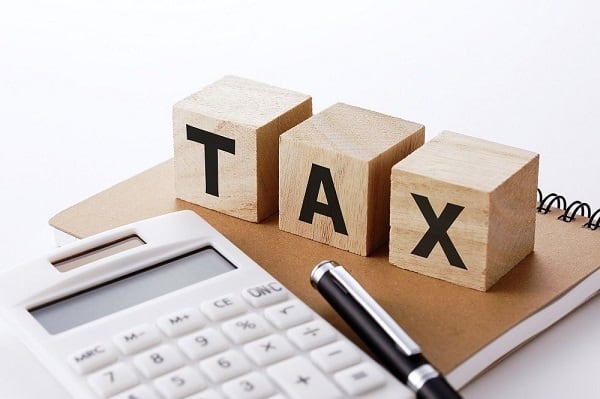Federal Board of Revenue (FBR) Chairman Rashid Mahmood Langrial said that no additional taxation measures are under consideration despite a Rs275 billion shortfall in tax collection during the first four months (July–October) of fiscal year 2025–26.
Speaking during a presentation on economic reforms at the FBR headquarters, Langrial confirmed the shortfall but ruled out any emergency steps to raise revenue, saying the FBR would instead focus on improving compliance and broadening the tax base.
He stated that income tax return filers increased by 18%, taking the total to 5.9 million in 2025–26. He said the number of individual taxpayers also rose by 18%, while taxes paid with returns during 2024–25 amounted to Rs69 billion.
The chairman said the FBR’s tax-to-GDP ratio had improved from 8.83% in 2023–24 to 10.33% in 2024–25 — the highest in 23 years — reflecting a 1.5% increase. He noted that provincial and federal coordination remained essential to achieve the government’s goal of raising the ratio to 18% within the next three to four years.
Langrial said the revenue target includes 15% from federal taxes and 3% from provincial revenue and the Petroleum Development Levy (PDL). He added that the government’s focus is on strengthening tax enforcement while avoiding political or administrative interference.
Highlighting operational challenges, the chairman mentioned that tax teams have faced threats during enforcement drives, citing an incident near the Kohat tunnel where two officers were killed. “Our teams are not trained to fight; they are meant to enforce compliance,” he said, adding that over 160 Rangers personnel now assist in field operations.
Langrial said the income tax gap currently stands at Rs1.7 trillion, with Rs1.2 trillion attributable to high-income earners. He noted improved revenue performance in sectors like tobacco and said major tax reforms have been introduced to enhance collection efficiency.
He reaffirmed the FBR’s commitment to expanding the tax net through digitalisation, coordination with institutions, and continued reform rather than introducing new taxes.




